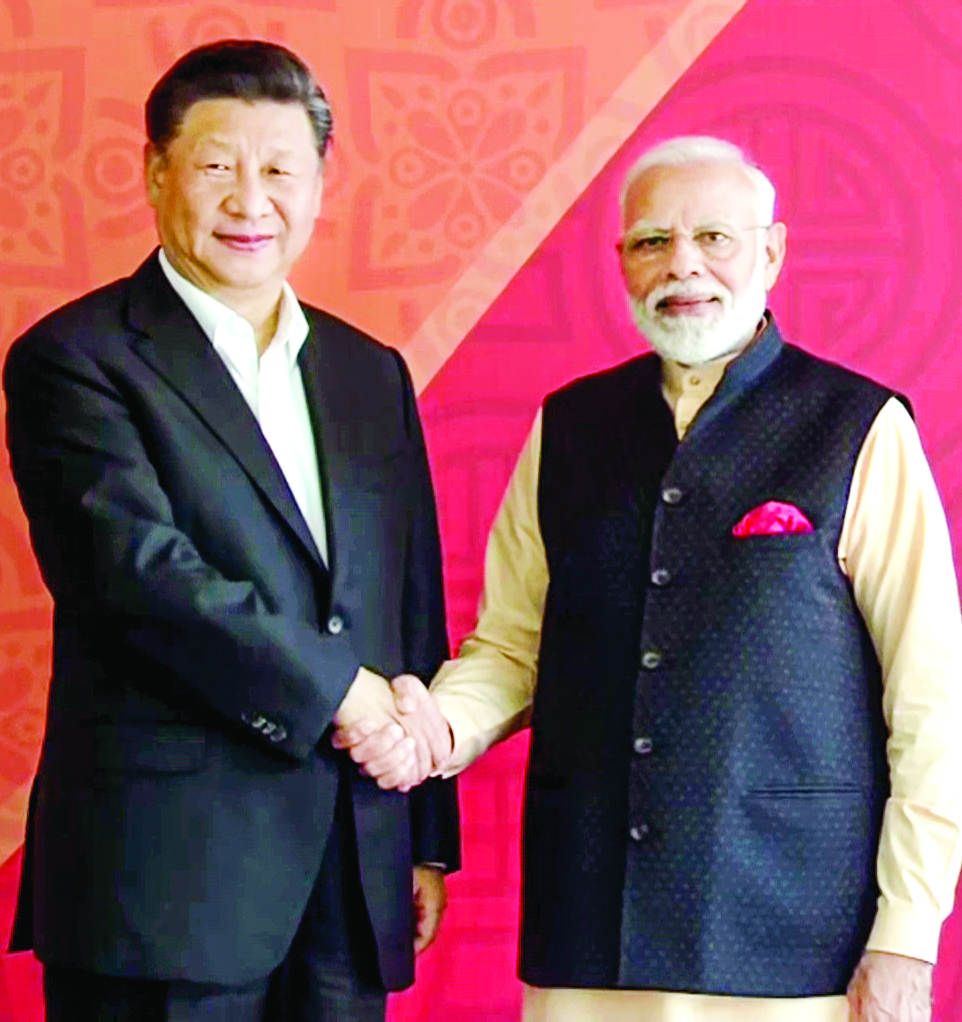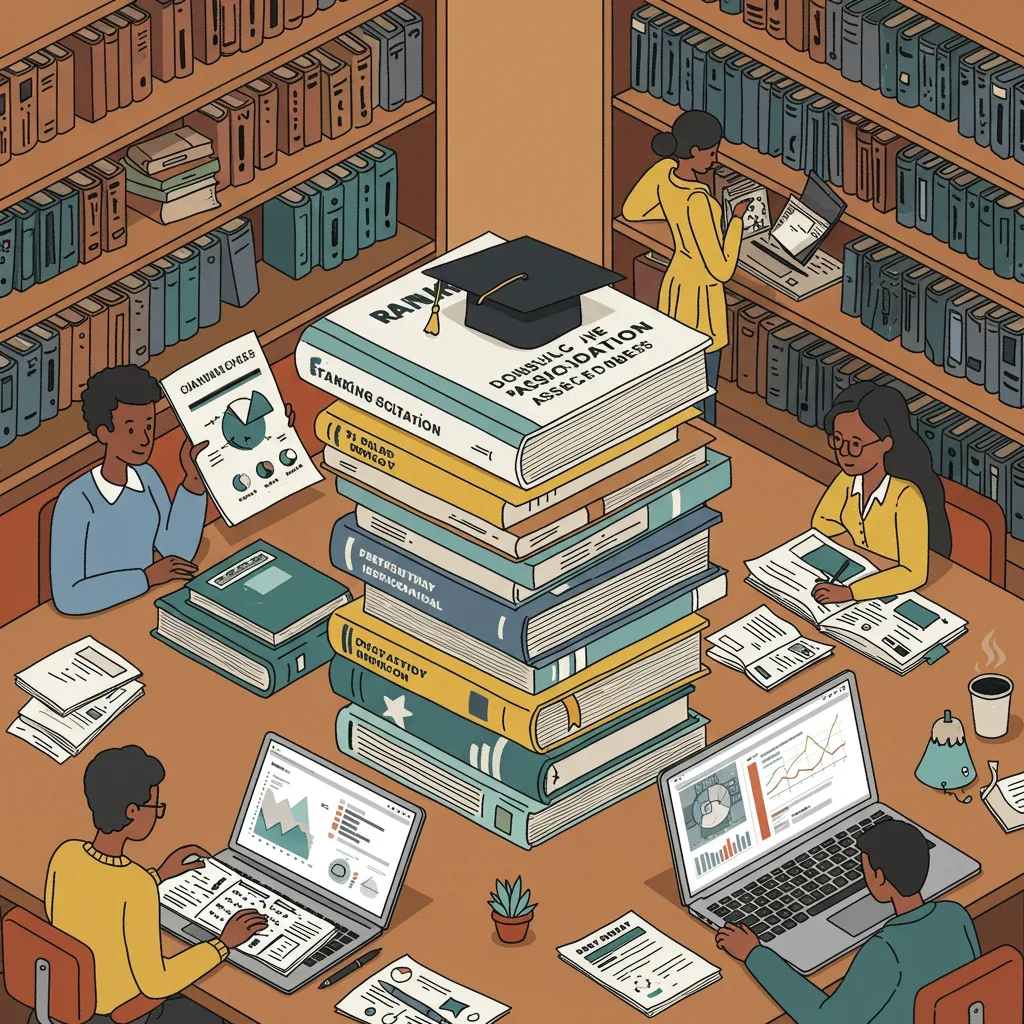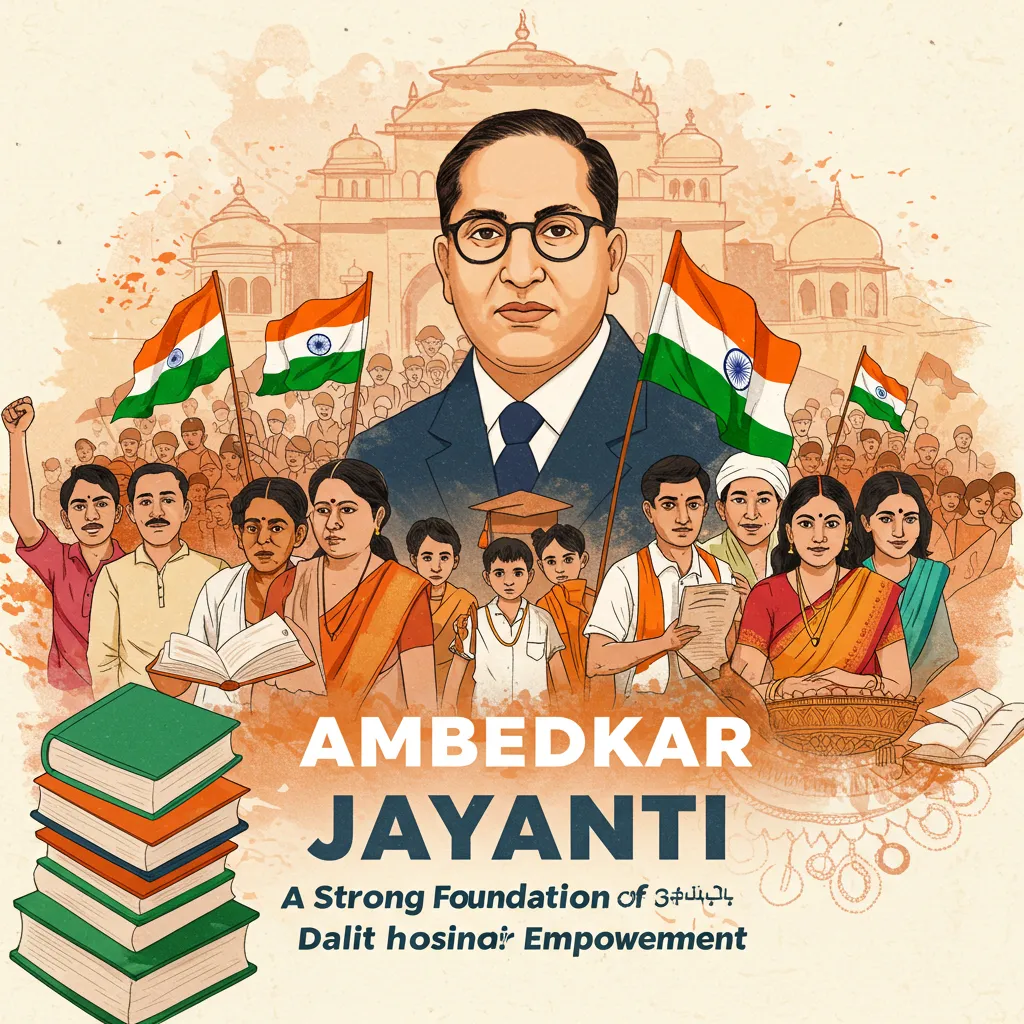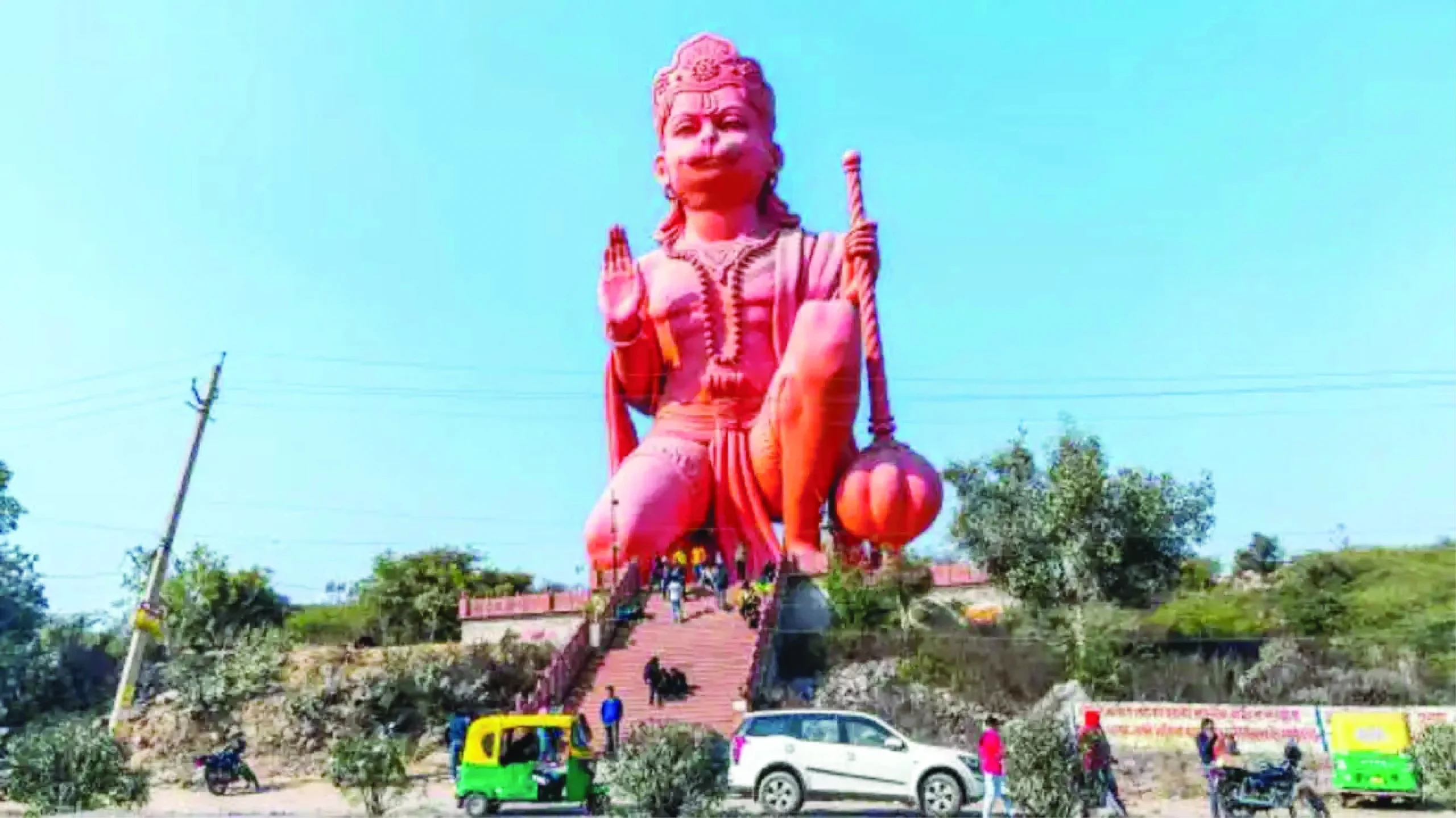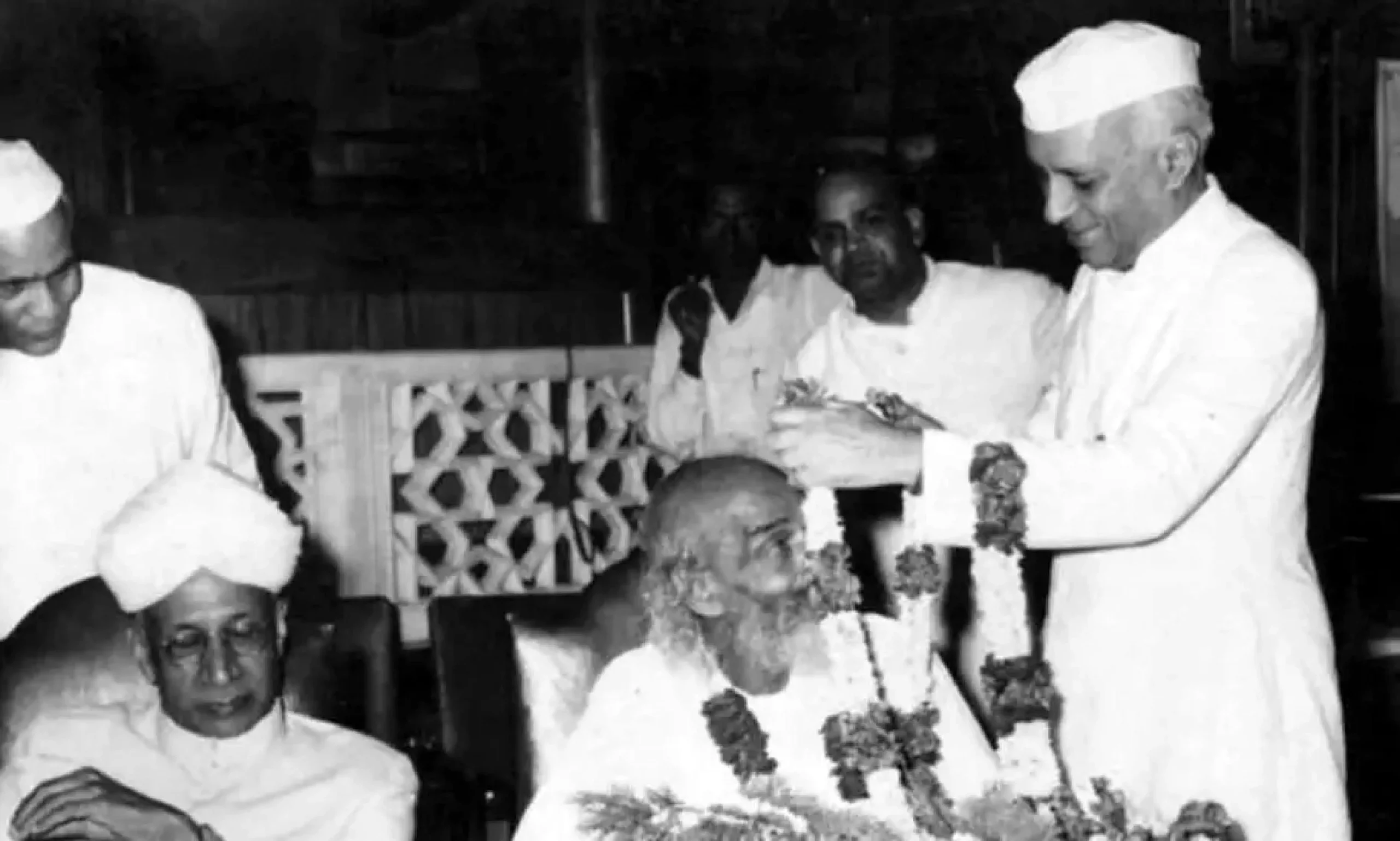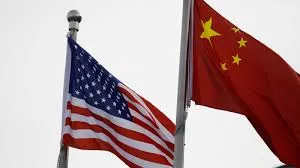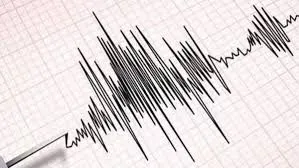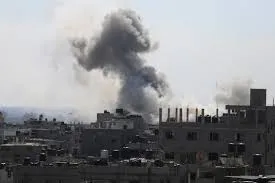The latest border agreement between India and China on patrolling the Line of Actual Control between Depsang and Demchok, leading to disengagement by both sides and thus restoring the 2020 status quo, may come across as a thaw in India-China relations, but it does not mean that the China threat has gone away. Even the meeting between Prime Minister Narendra Modi and Chinese President Xi Jinping in Russia’s Kazan, does not portend “peace”—at least not yet, or if at all. At the most we can describe the current thaw as a breather, primarily because the nature of China does not inspire confidence. Post the clash in Galwan in mid June 2020, when India stood up to China, the latter started insisting that the border issue should be put on the back burner and it should be business as usual. India was clear that without the border issue “resolved” there was no going ahead with business. Since the border issue seems to have been resolved to a certain extent, there may be resumption of some business, but the risk is that Chinese will flood the Indian markets with cheap goods—not that dumping had stopped in the intervening period of 2020 to 2024. The trade deficit between the two countries is tilted in China’s favour and ranges around $40 billion in the first half of 2024. To stop dumping will not be easy.
Also, there is no progress towards the removal of the dual-use infrastructure that China has built on the other side of the LAC. China has not uttered a word about supporting India’s candidature for the membership of the UNSC. China has been actively using Pakistan as its proxy against India, including allowing the use of terrorism as state policy. China is instigating trouble in the Northeast. It has been opposing almost every move India is making on the international fora. Xi Jinping did not turn up for the G20 summit in India in the hope that his snub will take away from India’s moment of glory. It is a different matter that Xi’s snub had zero effect and the G20 Summit proved to be a grand success. The list of China’s anti India activities is too long for India and China to be friends, ever.
The fundamental question is about trust: can China be trusted? As Indian experts say, the question is not if China can be trusted, but what India should do to match up to China, specifically along the LAC, in terms of infrastructure building and military buildup. The downside is, any such buildup makes China insecure, but India cannot leave it to chance, in the hope that China will not be belligerent towards it along the LAC in the future.
China has been actively using Pakistan as its proxy against India, including allowing the use of terrorism as state policy. China is instigating trouble in the Northeast. It has been opposing almost every move India is making on the international fora.
As the Prime Minister said at Kazan in Russia on Wednesday during his bilateral meeting with Chinese President Xi Jinping, “maintaining peace and stability on the border should remain our priority.” Having said that, it will all depend on China’s willingness to maintain peace. If China is ready to tone down its anti-India activities even to a certain extent along the border, it is because it’s buying time—so that it can concentrate on displacing the US as the premier world power. Any turmoil with its neighbours will not give China that space. However, there is another view that says that the temporary truce with India could be a precursor to an attempted capture of the tiny island nation of Taiwan. And if India is playing along, it’s because India too is buying time—matching up.
Given all this, the most important question is, if a war is inevitable between India and China. The answer to which is—if not inevitable, it’s always possible. So be there an agreement on patrolling rights or not, be there a meeting with the leaders of the two countries or not, India cannot let its guard down, ever. Throughout the decades of India-China relations, China has backstabbed India, time and again, and not just in 1962. Every move towards rapprochement between India and China has been undermined by PLA action along the LAC. So history says that trust is the last word that should enter the discourse when it comes to India’s relations with China. Any move towards a degree of normalcy in relations should keep this as the premise.

